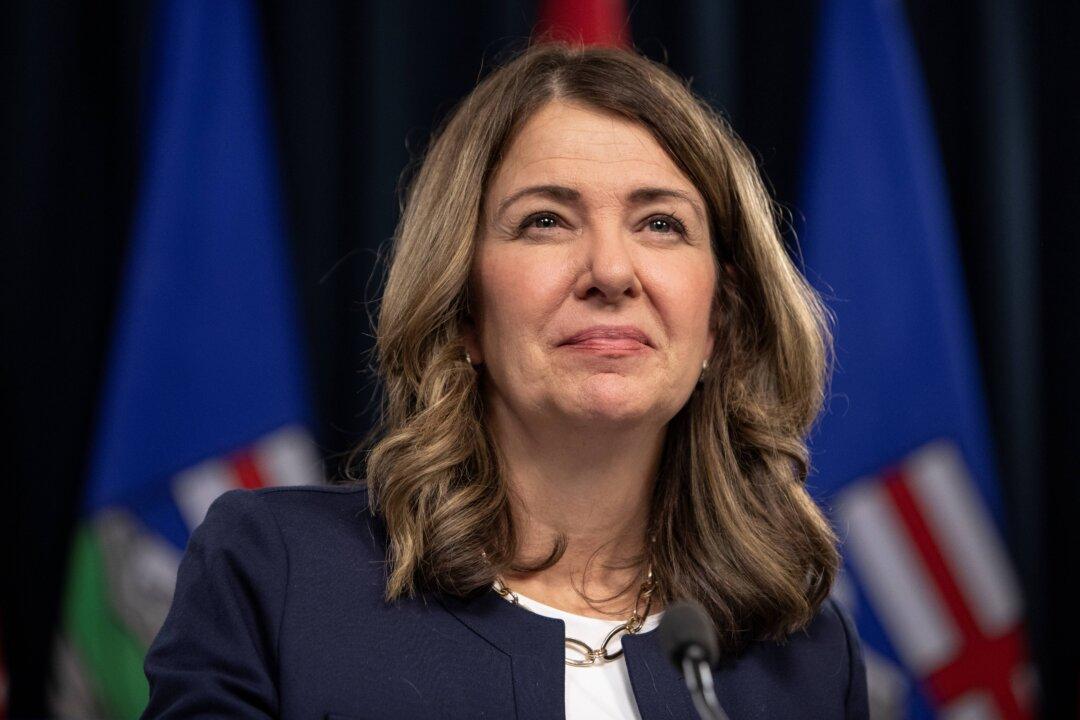The ongoing behind-the-scenes efforts within the Liberal caucus to convince Prime Minister Justin Trudeau to step down as leader have revealed a split, with some MPs coming to his support, while others have gone public with their call for change.
Reports emerged on Oct. 12 that some MPs had been in closed-door discussions around convincing the prime minister to step down.





